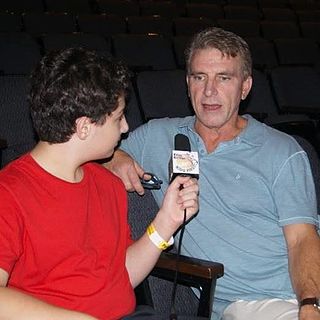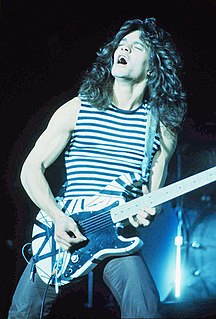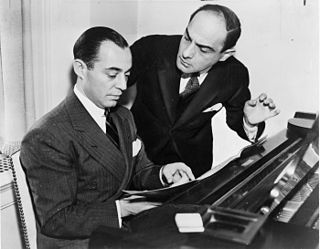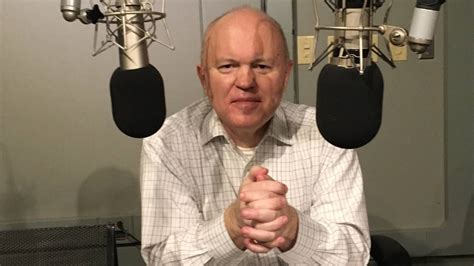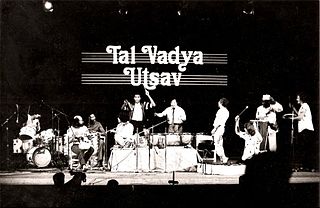A Quote by Robert Stromberg
As a director, the biggest job is to discern the imperfections in emotional tone and then view it in the global picture of what you're trying to do, if that makes sense. It's a rhythm, like music is a rhythm or composition and art is a rhythm. Dialogue is a rhythm as well.
Related Quotes
IN THE CINEMA A DIRECTOR EXPRESSES HIS INDIVIDUALITY FIRST AND FOREMOST THROUGH HIS SENSE OF TIME, THROUGH RHYTHM. RHYTHM GIVES COLOUR TO A WORK BY DISTINGUISHABLE STYLISTIC CHARACTERISTICS. RHYTHM MUST ARISE NATURALLY IN A FILM, A FUNCTION OF THE DIRECTOR'S INNATE SENSE OF LIFE AND COMMENSURATE WITH HIS QUEST FOR TIME.
All life requires a rhythm of rest. . .
There is a rhythm in the way day dissolves into night, and night into morning. There is a rhythm as the active growth of spring and summer is quieted by the necessary dormancy of fall and winter. There is a tidal rhythm, a deep, eternal conversation between the land and the great sea.
Whether I'm performing or directing, I'm aways thinking about rhythm; sometimes it's nailing the right rhythm, and sometimes it's intentionally breaking the rhythm. Those two things are what make something funny or not. How long a shot is and where you put the camera are all part of that rhythm of directing.
I'm a great believer in conversational rhythm. I think in terms of rhythmic dialogue. It's so easy, you can talk naturally. It's like peas rolling off a knife. Take the great screen actors and actresses, Bette Davis, Eddie Robinson, Jimmy Cagney, Spencer Tracy. They all talk in rhythm. And rhythm and movement are the life of the screen.
There's the internal rhythm within a sequence, and then there's the rhythm between the sequences, and that's extremely important in constructing the narrative. For example, you don't put two big dramatic scenes right next to each other. But you can use the rhythm of the transition shots; they can often serve a double purpose.
When you're doing those operation scenes, you not only have to be on top of the dialogue and the rhythm of the dialogue and what's happening dramatically, but you've got to technically get the rhythm right, so that everything is fitting with the dialogue at the right time. And you're performing the operation to the audience that's watching it. Thackery has to present it, as well. In some ways, that's the most challenging.
